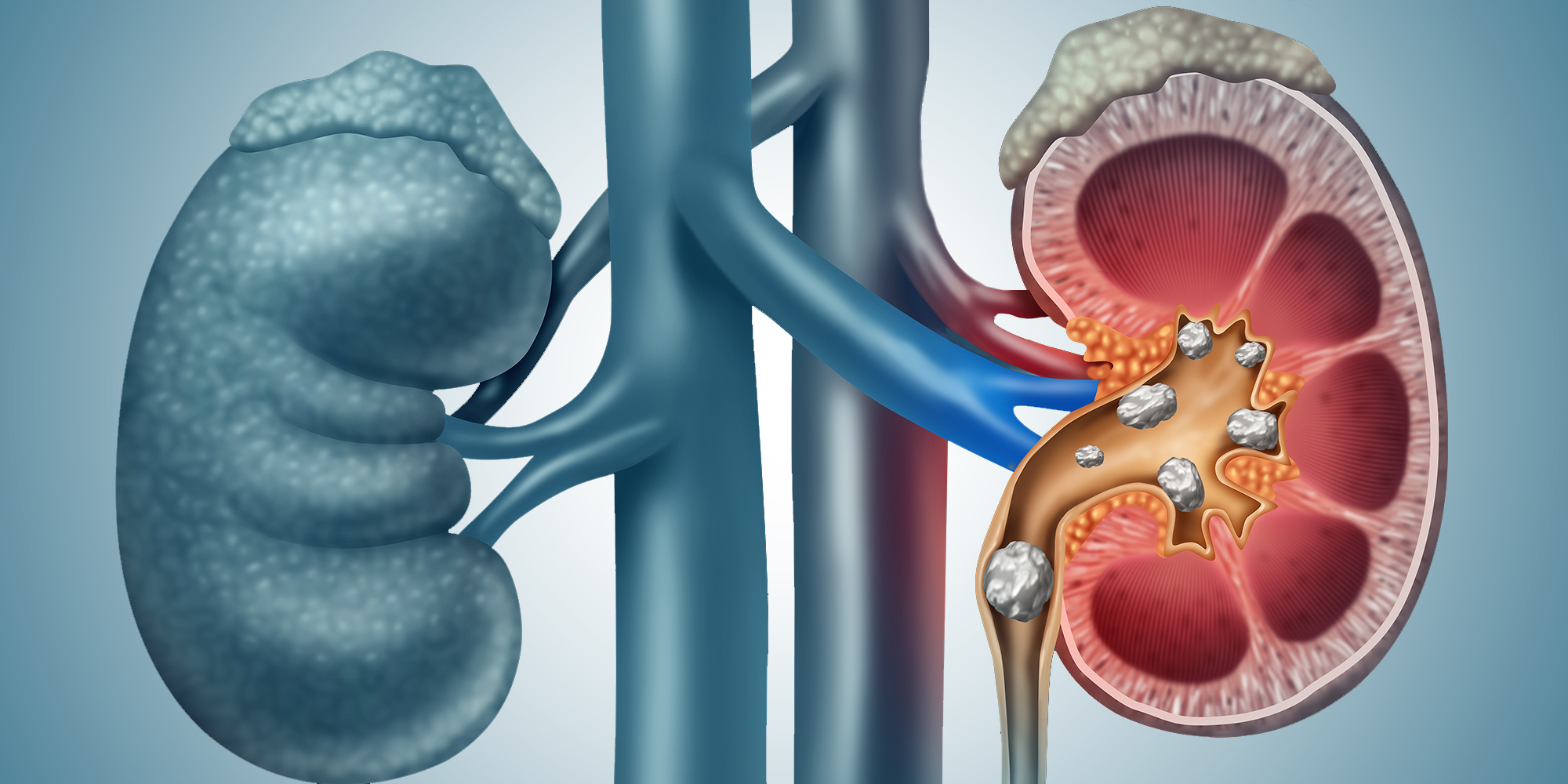
Symptoms of Kidney Stones
2022-05-04 05:46:35
Kidney stones are a hard stone-like object that forms in the kidney as a result of urine chemicals. Kidney stones are caused by a number of different circumstances. Uric acid, calcium oxalate, struvite, and cystine are the four types of kidney stones. Uteroscopy, shockwave lithotripsy, nephrolithotripsy, and percutaneous nephrolithomy are all options for treating kidney stones.
Symptoms of Kidney stones –
Severe abdominal discomfort/pain, lower back pain, blood spots in the urine, vomiting and nausea, fever and chills, cloudy urine, and a foul odour when urinating are all common signs of kidney stones.
Urine transports a lot of body waste. Crystals occur in the kidney or urinate passageway when there is too much waste in the urine and not enough urinate water. If these crystals do not flow out of the passageway, they attract other elements and grow in size. Having enough moisture washes the crystals away before they turn into a stone. However, if it takes the form of a stone, it obstructs the route and causes discomfort and other symptoms. Oxalate, calcium, urate, xanthine, cystine, and phosphate are all accumulated in the form of stones.
The stone may remain in the kidney or migrate down the urinary tract and into the ureter once it has formed. Some stones dissolve in urine and are painless to remove. Some stones, however, do not move and strike the kidney, bladder, ureter, or urethra, producing excruciating pain.
At this point, it's critical to see a doctor and get treated as soon as possible to control the symptoms and remove the stones from the body.

.png)